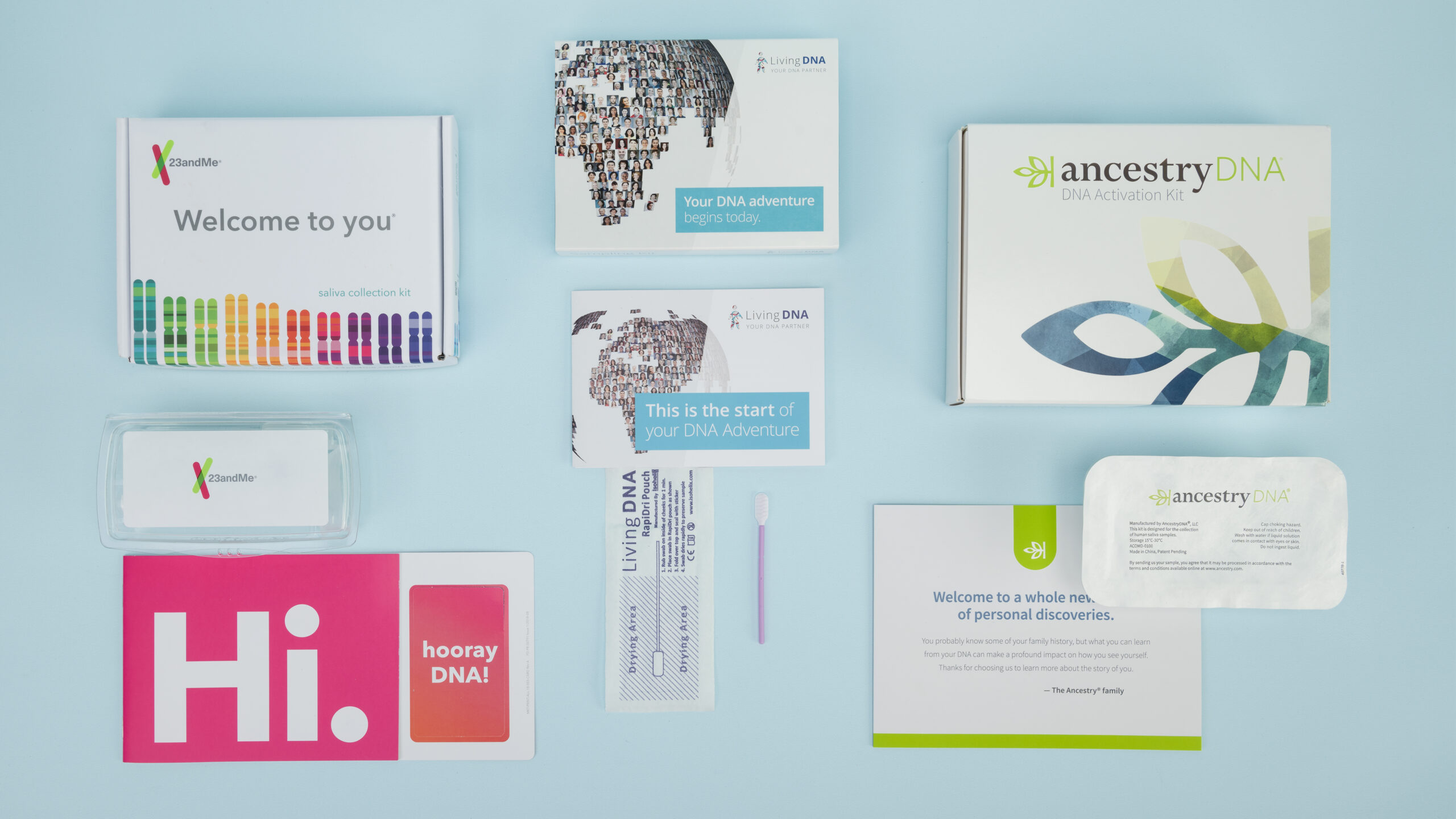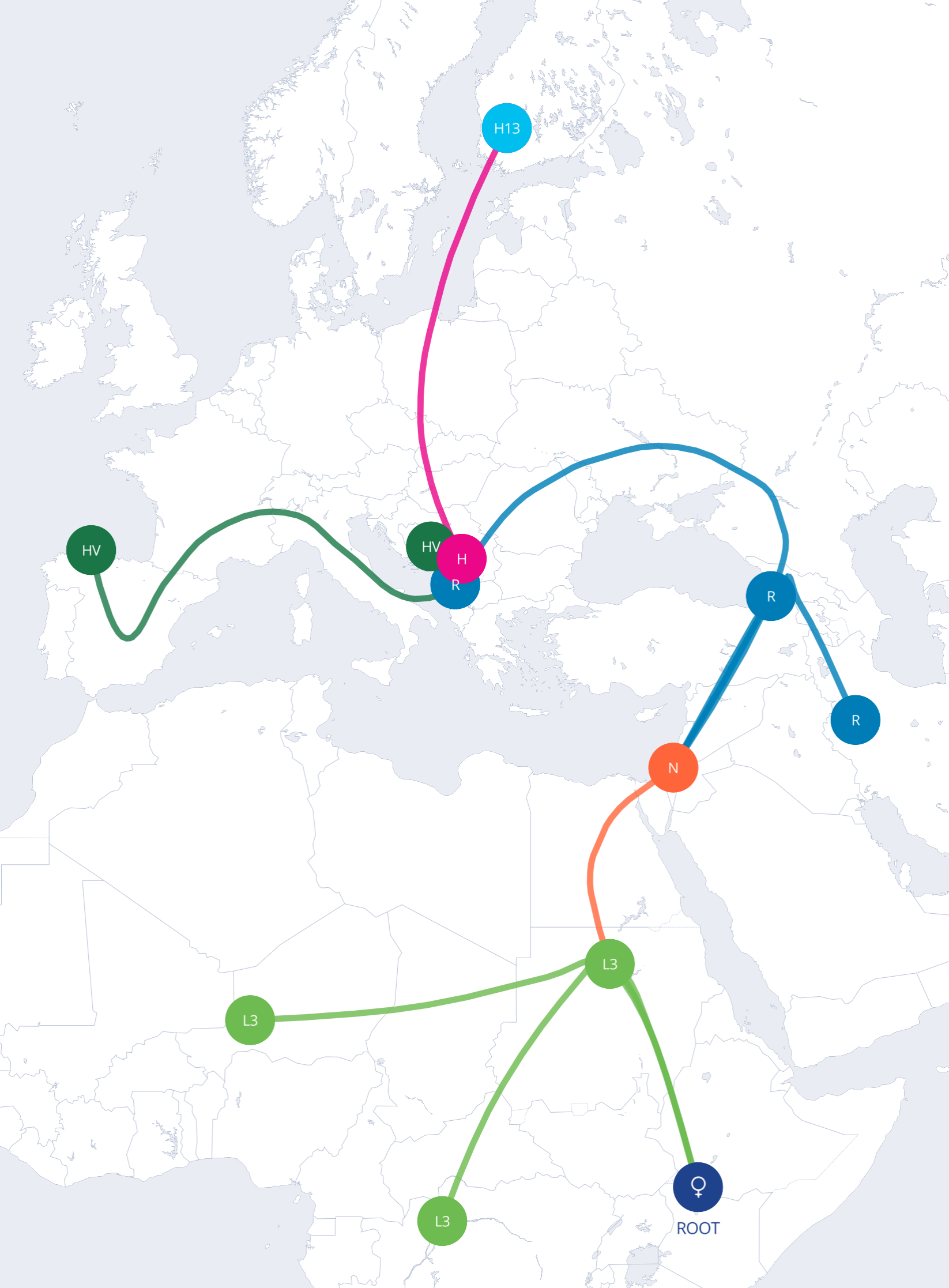

In This Article
In This Article
You’ve likely seen ads promising a diet “written in your DNA.” The pitch is simple: swab your cheek, get a meal plan, lose weight. But nutrition and genetics are more complicated than a catchy slogan.

A quick snapshot before we dig in:
Know Your DNA Reviews

Don't miss out on the opportunity to learn more about yourself. Read our best DNA test page to find the best one for you.
DNA-based diets use a lab report of your genetic variants to suggest calorie goals, macro ratios, and foods to favor or limit. You mail saliva to a certified lab, which scans dozens of SNPs tied to metabolism, fat storage, caffeine breakdown, and vitamin handling. The company then builds a meal guide that claims to suit your biology.
Genes make proteins that direct digestion, energy use, and hunger signals. When a SNP tweaks a gene, its protein may speed up, slow down, or shut off. One example: a change in the LCT gene can stop lactase, the enzyme that digests milk sugar, leading to lactose intolerance. DNA diets scale that idea to many nutrients at once—but every SNP-food link must be validated in large studies to be reliable.
Research is mixed. One 300-day study showed that 73% of people on a gene-guided plan kept weight off, versus 32% on a standard plan. They also dropped more body-mass index points.
Yet other randomized trials report no added benefit. Programs lasting only 8–24 weeks often end with both groups losing similar pounds, suggesting habits—like tracking meals or joining coaching calls—matter more than genetics alone.
Case reports highlight users who finally managed cravings after learning they carry a slow-caffeine CYP1A2 variant or an APOE4 profile that raises LDL on high-fat diets. Still, most commercial kits analyze fewer than 100 SNPs while thousands may shape nutrition, so many “personal” tips turn out generic.
Different genes nudge your body to prefer, store, or burn nutrients in unique ways:
A quality test turns these variants into plain tips: add leafy greens for folate, limit saturated fat if your APOA2 pattern spikes cholesterol, and move coffee to mornings if you’re a slow caffeine metabolizer. A dietitian then balances those tips with your culture, budget, and health goals.
Many SNP-food links rest on small or conflicting studies, and leading dietetic groups say nutrigenomics isn’t ready for routine practice. Most trials run only a few months, while gene effects can take years to unfold.
Genes don’t track supermarket choices, sleep debt, exercise, or stress—all big drivers of weight and blood sugar. Two siblings with identical variants can see opposite results if one works night shifts or skips breakfast.
With dozens of “precision nutrition” kits on the market, compare features carefully.
DNA can offer helpful clues, but lasting change comes from consistent habits. If you’re curious about testing, talk with a registered dietitian or board-certified genetic counselor. They can blend genetic insights with proven nutrition guidance and a lifestyle plan you’ll enjoy—and maintain.
Know Your DNA Reviews

Looking for a DNA test that's accurate and can tell you about your health and heritage?

